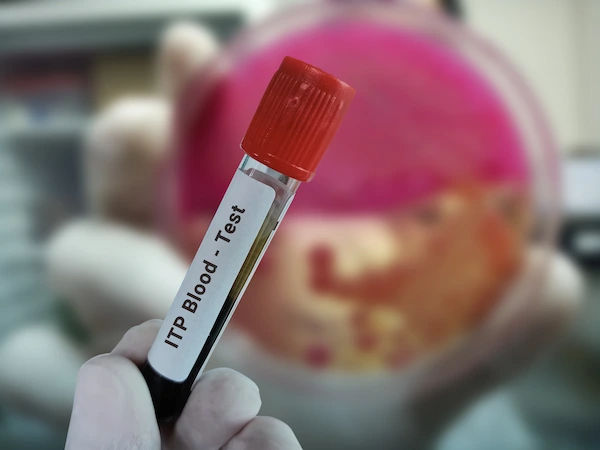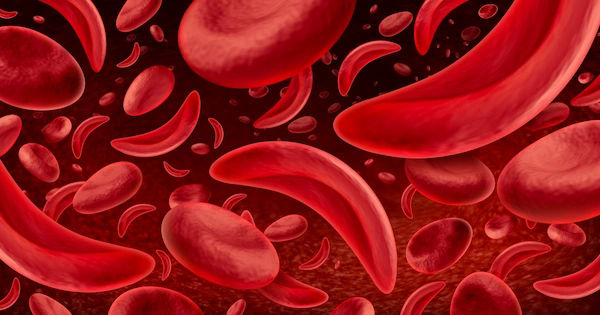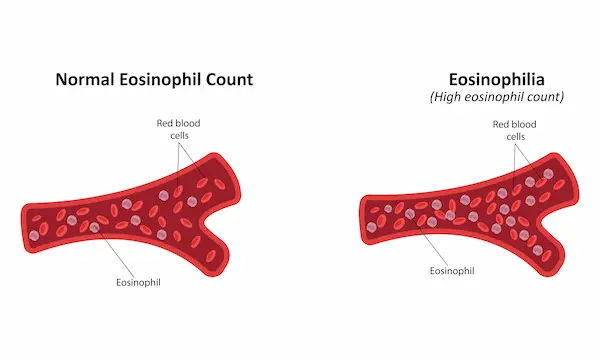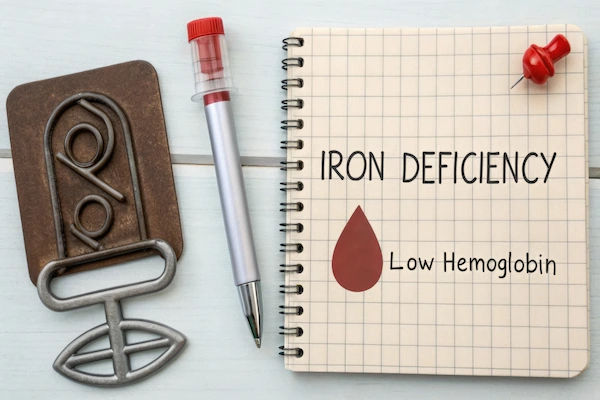- Male
- 27 Years
- 22/01/2025
I've got some concerns about my blood work results. My hemoglobin is at 15.9, red blood cells are at 4.6 million, white blood cells are 11,100, and the platelets are listed as 2.13 million. Can you help me understand if these numbers are within normal ranges or if there's something I should be worried about? I'm a bit confused and would really appreciate your advice.
Answered by 1 Apollo Doctors
the results are normal in range
Dr. Chandra Suggests...
Consult a Haematologist
Answered 04/07/2025
0
0

More Haematology Health Queries
View allI'm 80 and recently started having chest pain, so I went to the hospital. The doctor had me take a blood test, and it turns out I have polycythemia vera. They've been taking my blood twice a week to keep it thin, but now I'm feeling really exhausted, and it's hard to manage. Can you suggest what I should do?
u continue test
read more![Doctor 1]()
![Doctor 2]()
Answered by 1 Apollo Doctors
I'm really concerned about my brother. His CBC report shows elevated neutrophils at 7.59, low lymphocytes at 17, eosinophils at 0.54, TLC is at 10.3, and his RBC count is 4.45. The other day he fainted after being outside in the heat. What could be causing this? I'm quite worried and just want to understand what's going on.
Visit Physician for evaluation and appropriate management
read more![Doctor 1]()
![Doctor 2]()
Answered by 1 Apollo Doctors
I'm really worried about having high WBC levels and I'm scared it might be related to some kind of blood cancer. Could you let me know which type of doctor I should consult for this issue? I just want to make sure I'm talking to the right specialist.
Visit General Physician for evaluation and appropriate management
read more![Doctor 1]()
![Doctor 2]()
Answered by 1 Apollo Doctors
Disclaimer: Answers on Apollo 247 are not intended to replace your doctor advice. Always seek help of a professional doctor in case of an medical emergency or ailment.





.webp)